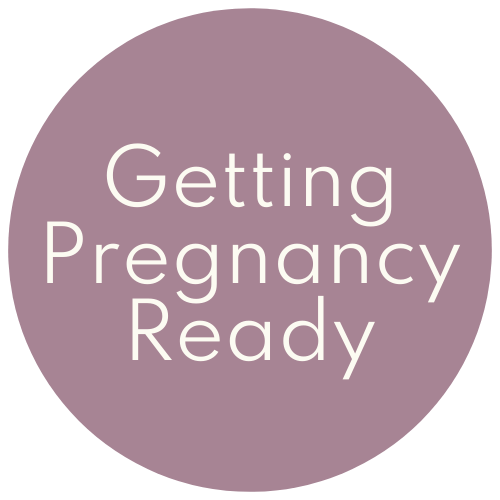In this episode, we’re talking about what to expect in IVF which we hope you take as an overview as everyone’s experience is different. Of course, there will be some commonalities in terms of treatment plans, which is what our expert Dr. James Nicopollus will be explaining.
First up we discuss a conversation from social media that has been front of mind and that is about the latest data on the safety of the Covid Vaccine. Here’s Kate’s post that we discuss.
Your initial visit to the fertility clinic
Jamestalks about what to expect after you have an initial referral for a series of 2 or 3 diagnostic tests and how there should be a plan for you put in place.
We discuss:
- What information should people bring with them?
- How clinics will have a questionnaire, including info like the previous history ( how long you’ve been trying ) any previous pregnancies, as much info as possible about your menstrual
- Any other info, surgical, gynecological, medical
- Important to identify any other risks complications that need to be made aware of.
- If you’ve had treatment elsewhere- bring all the info
What about delays due to COVID:
In terms of key investigations markers of egg reserve, transvaginal scan, AMH blood tests – if done within last 6 months Semen analysis within last 6 months – unless significant abnormality, it might need to be repeated.Other tests for IVF include HIV, Hep B, Hep C – within the first 3 months of treatment
James gives his opinion on home blood tests and whether he accepts them and he explains how it depends on where they’ve been done and who they’ve been done through. As long as he can see where they’ve come from and ascertain how accurate they are, there should be no need to repeat them.
How often should you expect to see the same Dr?
James explains how you will have a point person – you will have direct access to people via email. However due to the nature of the treatment with your embryos being ready when they are ready, so it might mean that your collection or transfer might not be at a time the Dr is available. He explains how you will have continuity with your Dr, but it won’t always be just with him.
Kate shared a great post on Insta about what questions to ask about IVF
Workup is key
Once you have had the tests, then you get ready for the treatment itself – so what should you expect.James talks about the treatment and explains what it is going to be doing- FSH hormone in higher doses, with a daily injection ( on average this is about 12-14 days ) in the same time it takes for one egg to grow, we’re trying to get more.
In almost every cycle, it starts just after your period, then for 2 weeks you take an injection to make your eggs grow with 3/5 scans, to see when you are ready for egg collection.You may have blood tests. All help to decide when you are ready for egg collection.The second medication is to stop your body from releasing the eggs.The main difference between long and short protocol is when the medication is changed. A long and a short protocol from period to egg collection is the same, it’s just different by the medication.
Approx 2 weeks of intensive monitoring/estrogen goes up, it tends to make you feel good. It’s more likely that post embryo transfer the homes can make you feel a bit gritty.
The hardest thing is the logistics.James talks about stress and the importance…
See acast.com/privacy for privacy and opt-out information.







